![]()
![]()
![]()
Moderator: Haris Gacanin, Nokia Bell Labs, Belgium
Speakers:
Jin Ying, Chief Scientist & Senior Director, Communication Systems and Services, USA.
Irena Atov, Principal Architect, Microsoft, USA.
Sumei Sun, Head of Comm. & Network Cluster, Institute for Infocomm Research (IEEE Fellow), Singapore
Ying Li, Research Scientist, Facebook, USA.
Time: 10:00 - 12:00, Wednesday, February 19, 2020
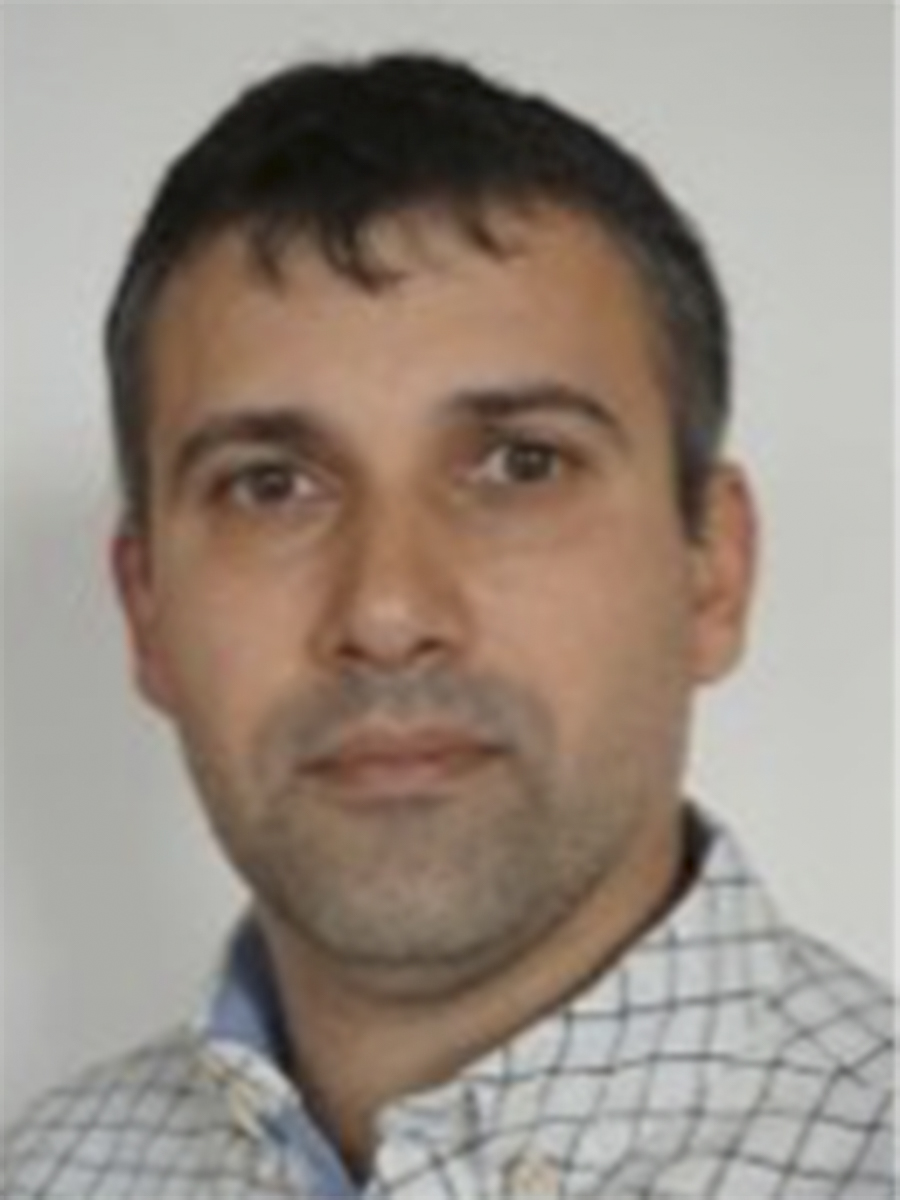
Haris Gačanin received Ph.D in E.E. from Tohoku University, Japan, in 2008. He was with Tohoku University from April 2008 until May 2010 first as Japan Society for Promotion of Science postdoctoral fellow and then, as Assistant Professor. In 2010, he joined Nokia (former Alcatel-Lucent) where he is currently Artificial Intelligence Communication Systems department head within Nokia Bell Labs. His professional interest is related to application of artificial intelligence to enable autonomous networking of mobile and wireless systems. Haris has more than 180 scientific publications (journals, conferences and patent applications), invited and tutorial talks. He is senior member of the Institute of Electrical and Electronics Engineers (IEEE) and the Institute of Electronics, Information and Communication Engineering (IEICE). He is a recipient of IEICE Communication System Study Group (2015) Award, the 2013 Alcatel-Lucent Award of Excellence, the 2012 KDDI Foundation Research Award, the 2009 KDDI Foundation Research Grant Award, the 2008 Japan Society for Promotion of Science (JSPS) Postdoctoral Fellowships for Foreign Researchers, the 2005 Active Research Award in Radio Communications, 2005 Vehicular Technology Conference (VTC 2005-Fall) Student Paper Award from IEEE VTS Japan Chapter and the 2004 Institute of IEICE Society Young Researcher Award.
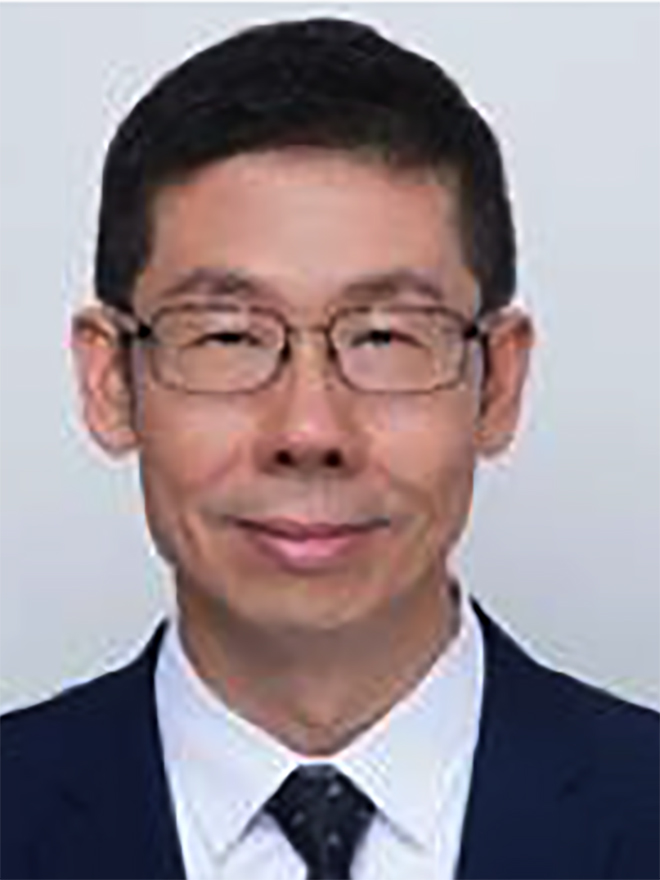
Jin Yang is the Chief Scientist and Senior Director for Applied ML Research for Communication Systems and Services. He is currently leading a research group exploring and applying machine learning and AI technologies for wireless network operation, optimization and design, including network performance and user experience monitoring, anomaly detection, root cause analysis, network optimization and resource management. He is also in charge of some companywide initiatives for AI enabled future networks. Jin Yang spent most of his time in the last 20 years in telecommunication industry (Lucent and Motorola), after receiving his PhD degree at Imperial College, London, and BSc and MSc degrees from Tsinghua University, Beijing.
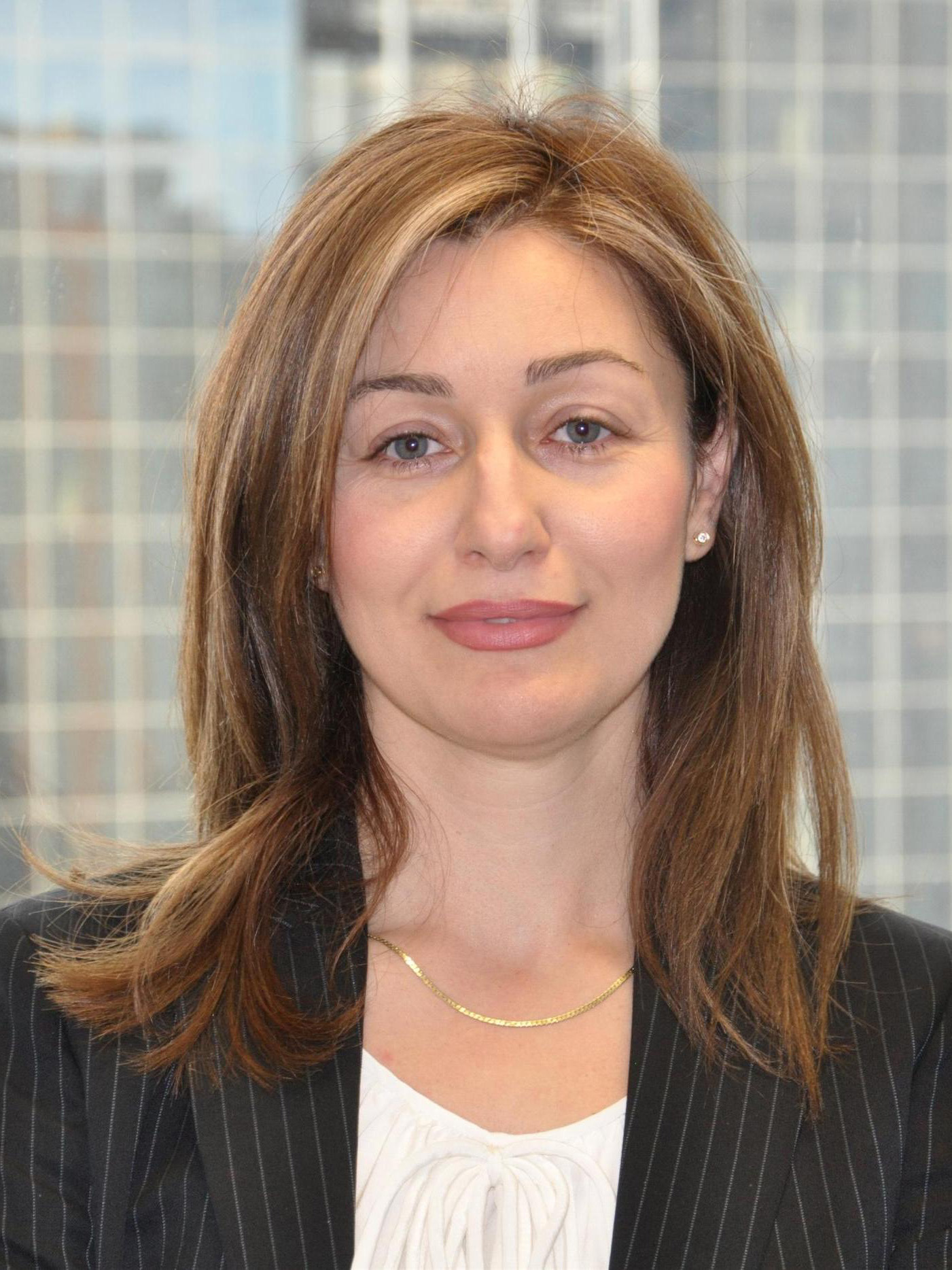
Irena Atov received her Ph.D. in Electrical Engineering from RMIT University, Melbourne, Australia in 2003. She is currently Principal Architect at Microsoft, USA, in their Intelligent Conversation and Communications Cloud (IC3) Group, working on developing reliable and robust networking for real-time communications (RTC) services and platforms. Previously, she has worked in academia as a Research Fellow and Lecturer (Centre for Advanced Technology in Telecommunications, RMIT University and Swinburne University of Technology), consulted for industry through her own company and worked for Telstra in Melbourne, Australia as Program Director of Network Analytics and Resilience. Her research in network architecture design and performance optimization led to development of several commercial IT software products (in use by Telcos/ISPs). She is the recipient of Outstanding Paper Award from 2012 IEEE 13th International Conference on High Performance Switching and Routing for her work on scalable resource management architectures. She is a senior member of the Institute of Electrical and Electronics Engineers (IEEE), has widely served in IEEE conference organization and technical editorship, most recently, as founding editor of Data Science and Artificial Intelligence for Communications Series of IEEE Communications Magazine. She is also the Chair of the Advisory Board at the University of Washington (Bothell) School of STEM.
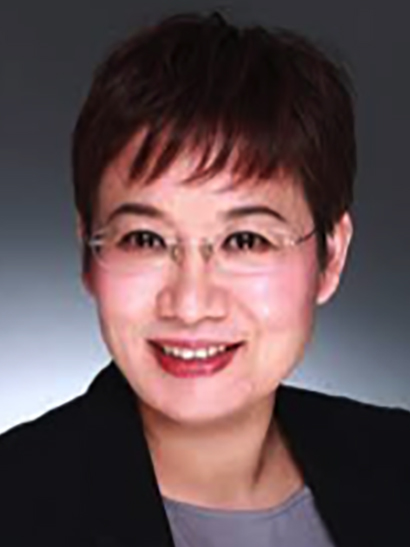
Sumei Sun has been with the Institute for Infocomm Research (I2R) since 1995. She is now Head of the Communications and Networks Cluster, focusing on Smart communications and networks for robust, QoS/QoE-guaranteed, and energy-and spectrum-efficient connectivity for human, machine, and things. Dr Sun has authored and co–authored more than two hundred technical papers in prestigious IEEE journals and conferences. She’s inventor and co-inventor of thirty granted patents and over thirty patent applications, many of which have been licensed to industry. For her achievement in technology invention and industry contribution, she and her team was honored with the Scientist-Entrepreneur Award from the Agency for Science, Technology, and Research (A*STAR) in 2008. Dr Sun has served in many conferences with different roles. Some of her recent IEEE conference services include Executive Vice Chair of IEEE Globecom 2017, which is to be held in Singapore, Track Co-Chair of Transmission Technologies and Communication Theory of IEEE VTC 2017 Spring, Symposium Co-Chair of Green Communications Systems and Networks Symposium of ICC 2016, Track Co-Chair of Signal Transmission and Reception of IEEE VTC 2016 Fall, Symposium Co-Chair of Signal Processing for Communications Symposium of ICC 2015, etc. She’s been also actively contributing to IEEE publications and is serving now as an Area Editor of IEEE Transactions on Vehicular Technology, and Editor of IEEE ComSoc Surveys and Tutorials. She received the “Top Associate Editor” award in 2011, 2012, and 2015, all from IEEE Transactions on Vehicular Technology. She is a Fellow of the IEEE, and a Distinguished Lecturer in the IEEE Vehicular Technology Society’s Distinguished Lecture Program during 2014 –2018.
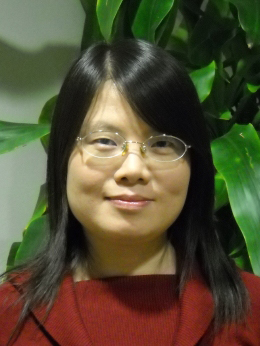
Ying Li has served as a research scientist at Facebook since July 2017. Her work focuses on applying data analytics, machine learning and artificial intelligence in connectivity to help bring more people online to a faster internet. Dr. Li’s research interests include machine learning, artificial intelligence, optimization, resource allocation, connectivity, communication systems and networking, and end-to-end quality of experiences (QoEs). Prior to Facebook, Dr. Li worked with Futurewei Technologies (2015-2017) in Bridgewater, NJ on data analytics, machine learning, and artificial intelligence in communication networks. She also worked for Samsung Research America (2013 to 2015) and Samsung Telecommunications America (2008-2013) in Dallas, TX on communication networks (including 4G, 5G, WiFi, etc.) and smart energy networks. Dr. Li received the M.A. and Ph.D. degrees in Electrical Engineering at Princeton University, in 2005 and 2008 respectively, with minors in Mathematics, and Operations Research and Financial Engineering.
Moderator: Haohong Wang, General Manager, TCL Research America, USA.
Speakers:
Akihiko K. Sugiyama, Project Researcher, Yahoo Japan Corporation, Japan
Masahito Togami, Senior Researcher, Line Corporation, Japan
Yotaro Kubo, Research Scientist, Google, Japan
Suresh Babu Kolla, Google, USA
Abstract
This panel discusses human-machine interaction at home and its future. Smart speakers are prevailing in the market. They are Amazon Echo, Google Home, Apple Home Pod, and Line Clova, to name a few. A general definition is a loudspeaker with AI such as Assistant, Alexa, Siri, and Clova for helping users to control a system or find an answer with voice. Smart speakers today are presented and their future is discussed from a view point of human-machine interaction at home.
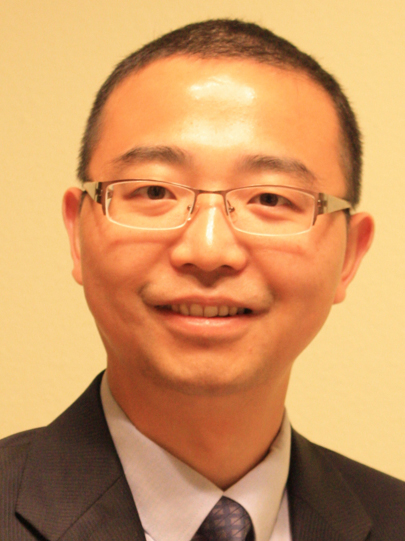
Haohong Wang is the General Manager of TCL Research America. Haohong Wang oversees the R&D activities and leads product and technology innovations in North America for TCL, a global leader in consumer electronics with over 90,000 employees worldwide. He is a recognized leader in multimedia and communication societies, a recipient of the IEEE MMTC Distinguished Service Award and the APSIPA Industrial Distinguished Leader Award, a co-author of five books, and an inventor of 123 granted patents. Before joining TCL, he held technical and management positions at AT&T, Catapult, Qualcomm, Marvell, and Cisco.
Dr. Wang’s current research areas include AI & HCI, multimedia computing and communications. He chaired the IEEE Multimedia Communications Technical Committee, the IEEE Technical Committee on Human Perception and Multimedia Computing, and the Steering Committee of IEEE ICME. He has been the Editor-in-Chief of the Journal of Communications, and Vice President of Asia-Pacific Signal and Information Processing Association. He also chaired the IEEE GLOBECOM 2010, IEEE ICME 2011, IEEE VCIP 2014, IEEE ISM 2015 and ACM Multimedia 2017. He received his Ph.D. from Northwestern University, Evanston, USA

Akihiko Sugiyam (a.k.a. Ken Sugiyama), affiliated with Yahoo! JAPAN Research after working for NEC Corporation for 37 years, has been engaged in a wide variety of research projects in signal processing such as audio coding and interference/noise control. His team in NEC developed the world's first Silicon Audio in 1994, a precursor of iPod. He served as the Chair of Audio and Acoustic Signal Processing Technical Committee, IEEE Signal Processing Society (SPS) [2011-2012], as associate editors for several journals such as IEEE Trans. Signal Processing [1994-1996], as the Secretary and a Member at Large to the Conference Board of SPS [2010-2011], as a member of the Awards Board of SPS [2015-2017], as the Chair of Japan Chapter of SPS [2010-2011], and as a member of IEEE Fellow Committee [2018-2019]. He was a Technical Program Chair for ICASSP2012. He has contributed to 17 chapters of books and is the inventor of 217 registered patents with more pending applications in the field of signal processing in Japan and overseas. He received 19 awards such as the 2002 IEICE Best Paper Award, the 2006 and 2018 IEICE Achievement Award, and the 2013 Ichimura Industry Award. He has delivered 141 invited talks in 74 cities of 27 countries. He is Fellow of IEEE and IEICE, and a Distinguished Industry Speaker for IEEE SPS [2020-2021]. He also served as a Distinguished Lecturer for IEEE SPS [2014-2015] and for IEEE CE (Consumer Electronics Society) [2017-2018].
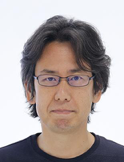
Masahito Togami received B.E., M.E., and Ph.D. degrees in aerospace engineering from the University of Tokyo in 2000, 2002, and 2011, respectively. He joined Hitachi's Central Research Laboratory in 2003, where he performed research on array signal processing, acoustic echo cancellation, and automatic speech recognition. He started artificial intelligence research of Hitachi's communication robot, EMIEW1-3. He joined LINE Corporation in 2018. He received the Annual Conference Award from the Japanese Society for Artificial Intelligence (JSAI) in 2003, the Awaya Award in 2009, the Itakura Award in 2010, and the Poster Award in 2010, all from the Acoustical Society of Japan (ASJ), the 11th ISSPA Best Paper Award in 2012, and the 29th TELECOM System Technology Award from the Telecommunications Advancement Foundation in 2014. He is a member of the ASJ and the JSAI and a senior member of the IEEE. He is a Board Member of the JSAI.
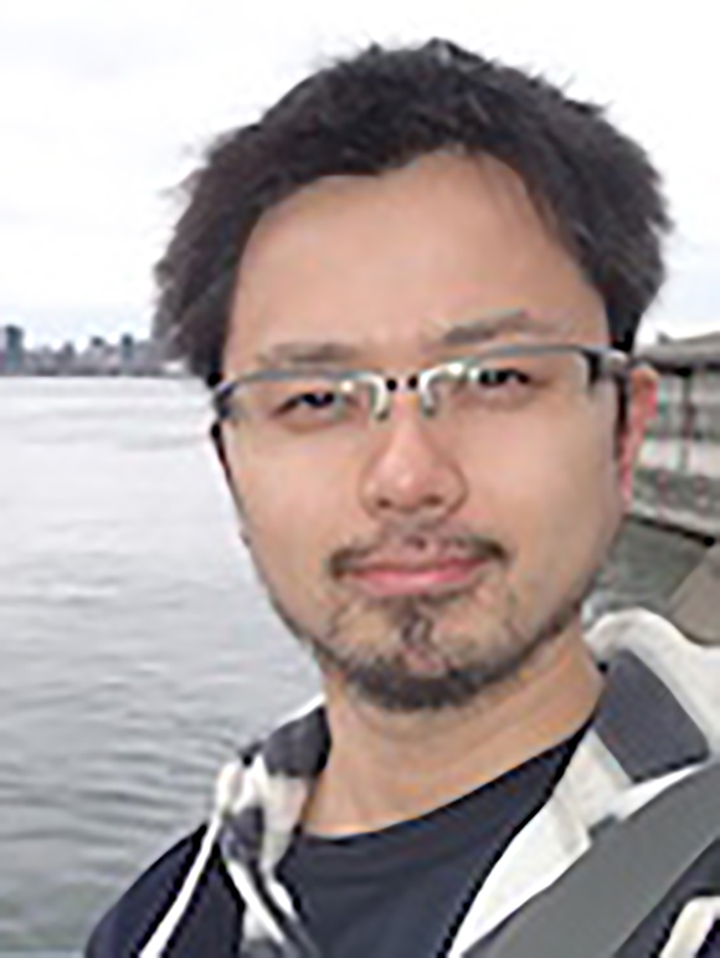
Yotaro Kubo received the B.E., M.E., and Dr. Eng. degrees from Waseda University, Tokyo, Japan, in 2007, 2008, and 2010, respectively. He has been a Research Scientist at Google since 2019. Prior to that, he was a Visiting Scientist at RWTH Aachen university, a Researcher at NTT Communication Science Laboratories, and a Speech Scientist at Amazon. His research interests include machine learning, speech processing and application of finite-state machines. He is a co-author of a book that is one of the first textbooks that explains deep learning in Japanese. Dr. Kubo is a member of the International Speech Communication Association (ISCA), the Acoustical Society of Japan (ASJ), and IEEE. He received the Awaya Award and the Itakura award from the ASJ in 2010 and 2013, the Yamashita SIG Research Award from the IPSJ in 2011, and the IEEE Signal Processing Society Japan Chapter Student Paper Award in 2011.